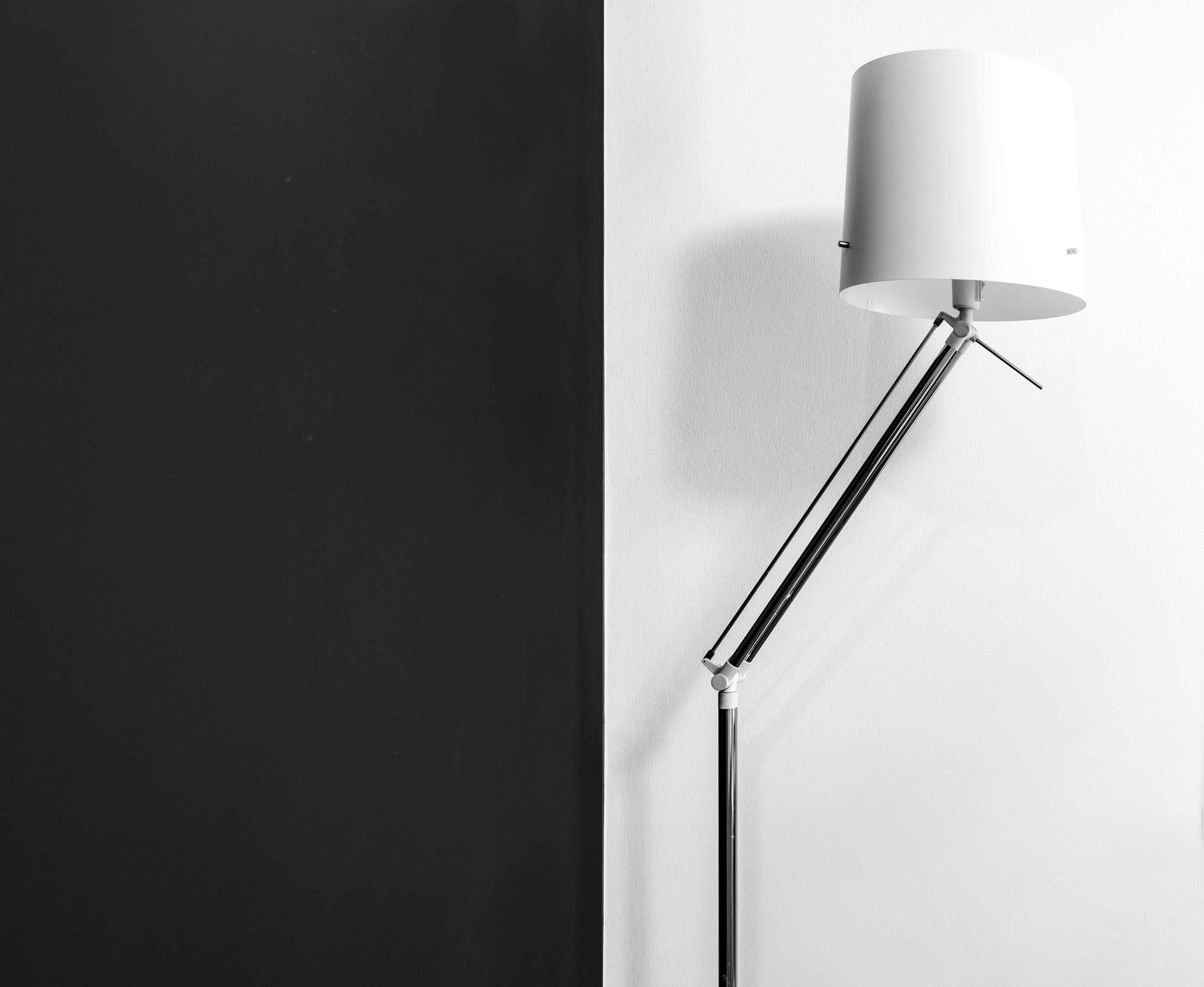For the New Widow: Ten Tips to Help Her Survive…After the Funeral
You’re at home now. A moment ago you stood over a hole in the ground. She blew a kiss, threw a rose, sprinkled a shovelful of dirt on a coffin, and said goodbye to her husband, her soul mate, the best friend she ever had.
As you move around waving to hungry strangers, someone whispers that the woman wandering around with mayonnaise on her chin is your mother’s sister’s next door neighbor’s cousin’s dog sitter. It’s a scene out of Star Wars, the one in the bar, and you feel trapped in it. Before long everyone is gone, even the dog walker with the dirty face. The door closes and reality sets in. He doesn’t come home. Ever. And in those first days after the funeral, performing the simplest tasks will seem monumental. You wonder can I do it – without Him?
You may. And you will.
Here are ten tips to help you survive…after the funeral:
1. Say yes to a friend, close relative, or good neighbor, who offers to stay the night (or longer), while you slide into something uncomfortable: widowhood.
Don’t be alone that first night, unless you have no other choice. The first nights without Him sting like a bee and an angel to sit quietly at your kitchen table, to turn off the lights, to turn off the cell phone, to prepare a cup of tea while you put the children to bed, walk the dog . , feed the cat, it’s like aloe on sunburn.
2. Carry a small notebook. and pen
Take them with you everywhere, even to the bathroom. The new widows are left without toothpaste, toilet paper, tissues, ear swabs and lipstick. And they forget. If you have a pen and notebook handy, you won’t forget to write down the article. You won’t forget to buy it. You will learn structure and focus, something every new widow needs. And running an errand will get you out of the house.
3. Know your financial status.
As soon as practical, make an appointment with your accountant, attorney, and broker. Group your papers, bank statements, insurance policies, will and pending bills. Please review them before your appointment. You have problems? Write them down – In that little notebook, remember? The one in your bag.
Don’t be afraid to ask questions. You’re a new widow, and there’s no such thing as a “dumb” question. In fact, burying that word “silly”. You are in charge now. Information is crucial to your survival. And for God’s sake, if he doesn’t know how to balance a checkbook, ask.
4. Pay off the mortgage. And the electric.
Other bills can be postponed, temporarily, but not these two. You can lie down and wish your world would go away after you’ve written these two checks and entered the data in your check register, or that little notebook, the one in your bag. Don’t forget to put a stamp on the envelopes. Don’t forget to mail them. Once again, it will give you a reason to get out of the house.
5. Take care of yourself – Comb your hair, wash your face, brush your teeth, apply lipstick – Do it every day. Even if you don’t leave home.
Don’t cut your hair. This is not the time. Not unless you have a standing appointment and are comfortable sitting in a chair for any amount of time. On the long list of things that will make a new widow feel worse, one bad hair day for her over the next six months shoots to the top. I suggest delaying a haircut for at least three months. If you find your hair too messy, put it in a ponytail and tie it with a ribbon. What? No tape? What’s that pink thing in that fruit basket?
6. Take care of your children.
If you have small children, do not neglect them. They need you. Feed them, even if it’s cold cereal. Wash your clothes and your faces. Remind them to gently brush their teeth. Don’t be afraid to hug and cuddle them. Tell them everything will be fine.
7. Walk the dog.
Change the cat litter.
Make sure all household pets are fed and have access to fresh water. It’s not unpleasant to fill a sink with tap water or leave the toilet seat up. Just remember to flush.
Don’t get mad when Barky has an accident, when Kitty scratches the rug, or if they chase each other’s tails. Pets cry too. Watch for behaviors that may require a trip to the vet.
8. Take out the trash.
Don’t wait until the kitchen smells like spoiled ground beef and sour milk. There is no excuse if you live alone. Put on a robe and take out the trash. A family of creepy things is the last thing you want as company.
9. Eat. No hunger? Drinking water. Keep hydrated.
Don’t drink alcohol. Not even a beer. Even if you’ve always had a glass of wine with dinner, don’t. At least temporarily. And if you’ve never drank before, don’t start now.
10. Cry.
Tears cleanse and will help eliminate pain. The only way to process the grievance is through it, not around it, under it, or over it. That means crying. So don’t be afraid to let it out. Don’t be afraid to ask for help, call a doctor, a psychologist, a complaints counselor. Don’t be afraid to join a bereavement group. A new widow needs to get out of the house. She needs structure. She needs support. And more importantly, she needs to know that she is not alone.
Life won’t be the same without Him. That’s for sure. But after the funeral, following these tips will help you, the new widow, as she develops coping mechanisms, focus, and strategies to help herself as she moves through the early stages of the grievance.


